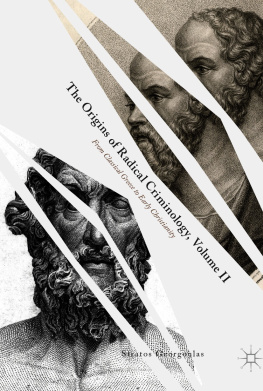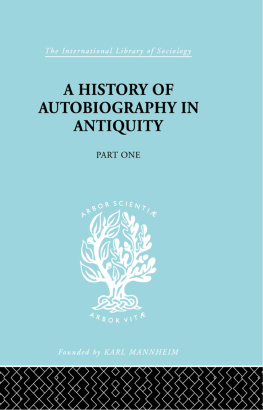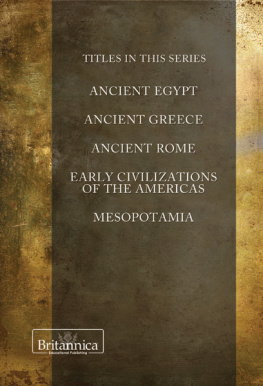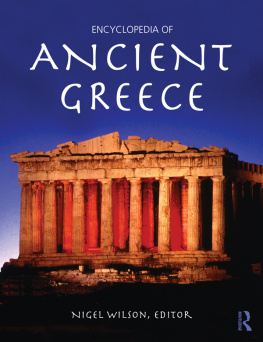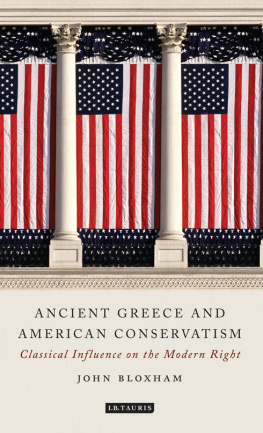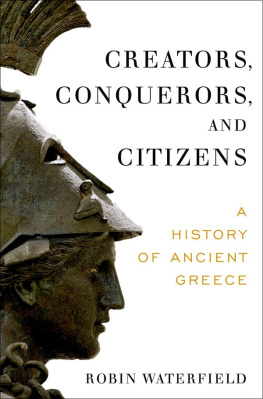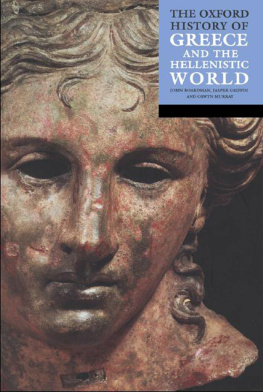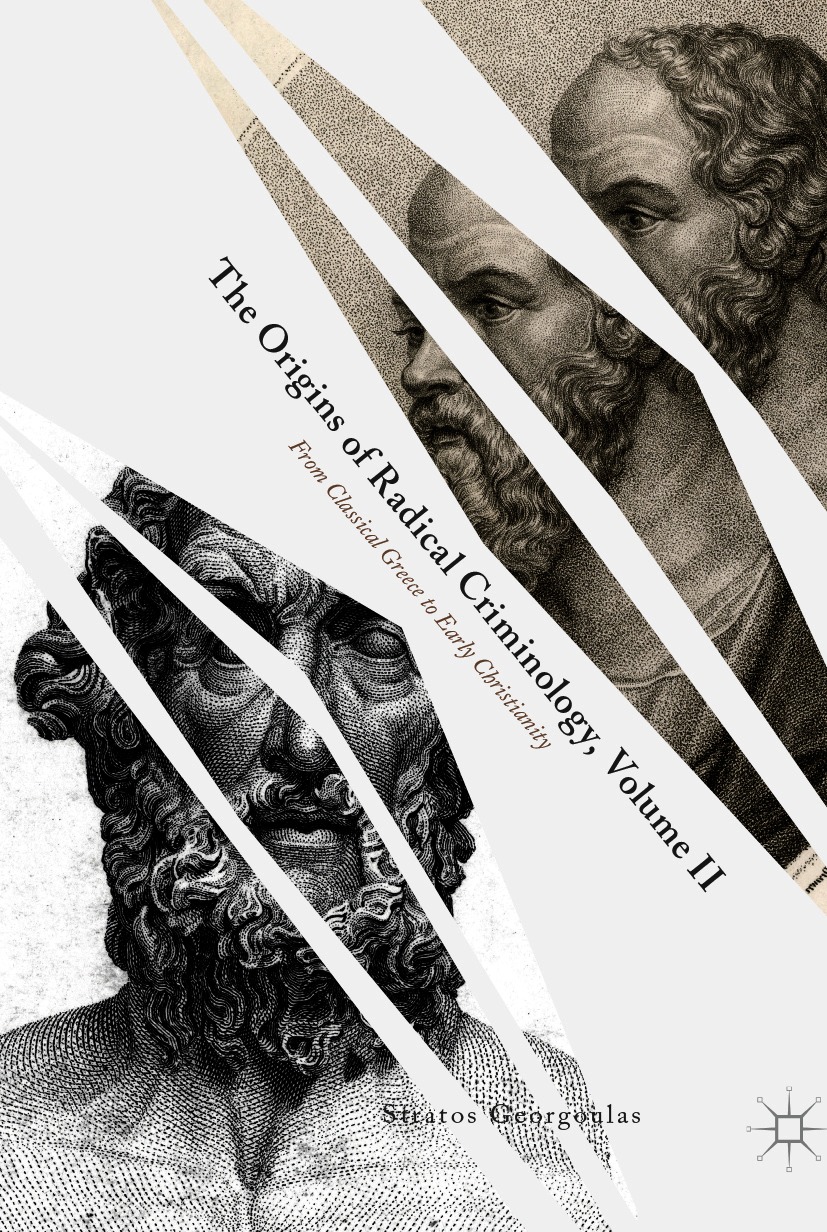Stratos Georgoulas
Sociology, University of the Aegean, Mytilene, Greece
ISBN 978-3-030-67637-7 e-ISBN 978-3-030-67638-4
https://doi.org/10.1007/978-3-030-67638-4
The Editor(s) (if applicable) and The Author(s), under exclusive license to Springer Nature Switzerland AG 2021
This work is subject to copyright. All rights are solely and exclusively licensed by the Publisher, whether the whole or part of the material is concerned, specifically the rights of translation, reprinting, reuse of illustrations, recitation, broadcasting, reproduction on microfilms or in any other physical way, and transmission or information storage and retrieval, electronic adaptation, computer software, or by similar or dissimilar methodology now known or hereafter developed.
The use of general descriptive names, registered names, trademarks, service marks, etc. in this publication does not imply, even in the absence of a specific statement, that such names are exempt from the relevant protective laws and regulations and therefore free for general use.
The publisher, the authors and the editors are safe to assume that the advice and information in this book are believed to be true and accurate at the date of publication. Neither the publisher nor the authors or the editors give a warranty, expressed or implied, with respect to the material contained herein or for any errors or omissions that may have been made. The publisher remains neutral with regard to jurisdictional claims in published maps and institutional affiliations.
Cover illustration: Fatima Jamadar
This Palgrave Macmillan imprint is published by the registered company Springer Nature Switzerland AG
The registered company address is: Gewerbestrasse 11, 6330 Cham, Switzerland
Foreword
What a monumental task Stratos takes on to explain so well the evolving history of ideas on how society is or was or could be organized over the centuries BC. Readers might want to have to hand either H. G. Wellss A Short History of the World (1922) and its chronology from 800 BC intended for a popular readership or the longer Outline of History (volumes 1 and 2) published in 1920 and revised in 1940 to situate the issues raised in the great sweep of history so richly told.
To be sure, from the world before man, as Wells put it, and the new technological revolution of artificial intelligence (AI) we have seen distinct modes of production emerge and then be replaced from the mercantilism (of the 15th to the 18th century) which signaled the growth of imperialism and the British Empire onwards. Yet the ideas and aspirations of how political systems affect the individual and the classes are organized, for example as democracy, freedom, rights, law, and states, and yet utopias and dystopias, resonate through the centuries where nothing is totally new but rather common over time. History tells us that the quest for freedom, equality in a classless society, and freedom from oppression and exploitation is not new but eternal.
The chapter on The role of Utopia shows that the idea of building a fair equal society is as old as historya society where all members are equal, where people live in harmony and freedom, and where there is neither money, nor privileges and everything is held in common. Ideas that have been espoused by radical, revolutionary, anarcho-syndical, and radical Christian movements.
Stratos writes
The people of the City of the Sun live totally equal, without classes, without social discrimination and, above all, without what causes inequality; that is, they live without ownership. Equality and freedom are interwoven with their lives as well as with the air they breathe with their existence. There are customs and laws that are not, however, engraved on planks and marble screeds, but in the depth of consciousness, laws that make up their own state, which assemble the whole in order and system and harmoniously regulate their life [and]
because no outside enemy covets their bliss, nobody will ever think of changing their social order. Greed, lust of power, intrigue, and crime are unknown among those happy children of equality and nature. Because there is neither money, nor authority, nor discrimination there is no need for crime, guilt, and injustice. No one is forced to observe the law. Because the law over there is not the legitimate right of the stronger, it is not coercive and tyrannical, but customary habit, a primary condition of their bliss and thus an innate need.
Who in their right mind would not want to live in such a society? But of course to reach such a society means those with power would have to give it up and history tells us this rarely happens voluntarily.
The Past and the Present
We cannot be responsible for the past, but we are responsible for how it is presented and which interests different interpretations serve and how the history we inherit is manipulated in the present.
We all have to take responsibility not just for the present but for how the past, starting with the immediate past, pre-history is presented and manipulated.
In
Catching History on the Wing (Pluto Press), A. Sivanandan, Director of the Institute of Race Relations (IRR) for over 40 years, observed:
We do not have to be at the barricades to be revolutionaries, we do not have to be grassrootists to be radical. To apprehend the social consequences of what we ourselves are doing and to set out to change it is in itself a revolutionary act.
My Life, My Times
I was born in the blitz on London in February 1941, which in a sense has meant my life bridged the inherited hopes for a better world following the fight against fascism and racism in the Second.
World War. My generation rightly questioned history as handed down, first in culture (literature, poetry, film, and theater) from the late 1950s and then from 1966 onwards in the political sphere too.
What happened from 1918 to 1939 in Europe? The war to end all wars (19141918) led to needless slaughter on both sides. The post-war era saw a new Official Secrets Act, a new Police Act in 1919 (to combat striking police), the 1920 Emergency Powers Act, and later the 1934 Incitement to Disaffection Act and the 1936 Police Act. Demands for more rights and freedom led to increased state powers.
For those willing to learn, then and now, there is plenty of informed critiques and no excuse for being ill-informed.
The excellent work by Robert Graves and Alan Hodge, The Long Weekend (1940), is a social history of Great Britain (19181939). They observed at the outset of war: The more newspapers people read, the shorter grows their historical memory, yet most people read little else.
Another strand is George Orwells 1984 (1949), published after We (1924, 1993 corrected edition) by Yevgeny Zamyatin, first published in Russia in 1988 after being supressed for sixty years. In 1931 he was allowed to leave Russia. The book describes a dystopian society. H. G. Wells in

